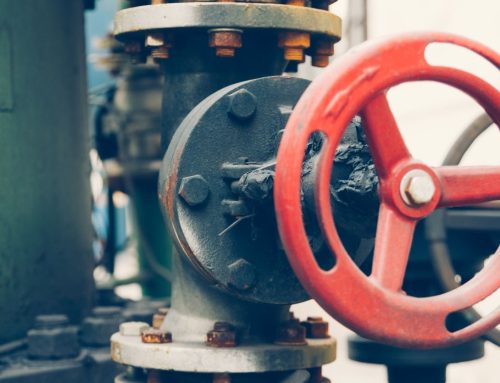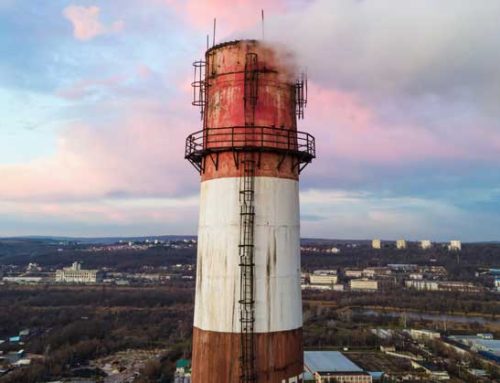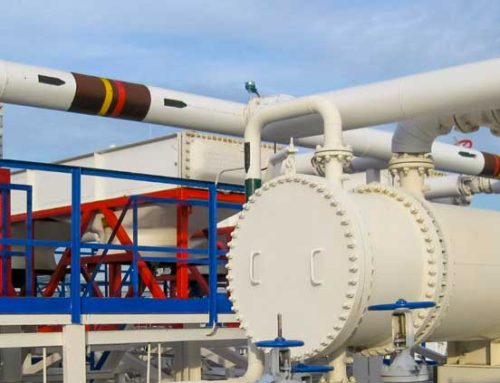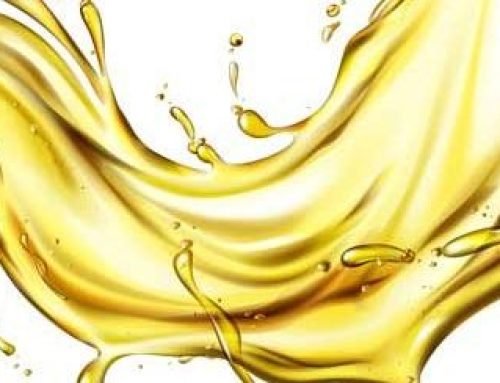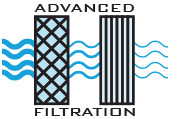Here at Advanced Filtration, we encounter hundreds, if not thousands, of different kinds of products that are used in a variety of industrial filtration systems. And in our many years of selling industrial filters, we come across common questions again and again–so in this article, we’d like to discuss the the different between wet and dry filters in industrial filtration systems, and how they are used.
Wet and dry filters are commonly used to remove contaminants from gases, liquids, or slurries in industrial filtration systems. In many cases, it can be difficult to determine which type of filter to use based on the desired results.
If you’re looking to use a wet or dry filter in your industrial filtration system, here are some things you should know about the differences between the two types of filters. (And if you still have questions, please feel free to reach out to Advanced Filtration for help!)
Wet Filters
A wet filter is a type of industrial filtration system that uses liquid instead of gas to remove unwanted particles from a flow. They’re commonly used in chemical plants and other industries where liquid or gaseous wastes need to be filtered and treated.
These filters remove particulates from a gas stream by passing it through an atomized liquid. The particles are condensed later on and collected at the bottom of the tank where they form sediments.
Once the collection tank is full, it is cleaned with the help of a centrifuge or a sludge removal system, which is designed into the booth system during the time of installation.
Advantages of Wet Filters
There are many advantages to using wet filters for your industrial filtration system. One, wet filters are more efficient than other filter technologies, making them an excellent choice for high-volume applications.
In addition, their ability to be easily cleaned and reused allows them to save money in several ways. They also have a longer life cycle compared to their dry counterparts. This allows them to pay off their initial investment over time without losing capacity.
Finally, wet filters are very flexible and can be used for a variety of different applications with varying capacities and needs.
Limitations of Wet Filters
As with all things in the manufacturing and industrial world, there are drawbacks. The major disadvantage of wet filters is that these systems need to be washed out regularly to avoid corrosion and other potential problems. Over time, this can result in more operating costs.
While wet filters work well for large systems, they may not always be practical for smaller systems because they require so much upkeep.
Lastly, though these systems are durable, the initial cost of buying and installing the booth equipment is higher. You will also have to add a manual or automatic sludge removal system to make the filter complete.
Dry Filters
A dry filter is a type of industrial filtration system that uses a series of permeable filters with varying finish and efficiency to remove particulates from air before it reaches its destination. It works based on the four components of membrane filtration mechanics which include:
- Inertial impaction. This is where inertia causes the particulates in the gas stream to come into contact with the filter fiber.
- Interception. During this process, dust particles go into the direction of the gas and come into contact with the filter fiber itself.
- Diffusion. It involves the random movement of dust particulates that come into contact with the filter.
- Electrostatic attraction. This mechanism makes particulates to be attracted to the filter fiber.
Advantages of Dry Filters
Dry filters have numerous advantages over wet filters. First, unlike wet filters, a dry filter doesn’t rely on a liquid substance to function and can be reused or disposed of when necessary.
Second, these systems are usually much more effective than a wet filter in separating tiny particles from a liquid substance.
In addition, a dry filter doesn’t require complex installation procedures and provides almost instantaneous results after being connected to pipes or other systems that need filtration. Their initial installation and operating costs are also lower compared to wet filters.
Perhaps, and most importantly, there are no concerns about moisture or airflow disrupting operations with a dry filter compared to other types of filtration systems used in industrial settings.
Limitations of Dry Filters
Just as with wet filters, there are drawbacks to dry filters as well. And while dry filters are very cost-effective, they do have some shortcomings that are important to consider.
The biggest issue with these filters is that they’re not very efficient for use in high-volume production.
Though their installation cost is low, dry filters need to be replaced far more often than wet filters (typically between 6 months and 1 year depending on usage levels). This can be costly and time-consuming for businesses that have a high flow rate.
The Final Takeaway
There is a distinct difference between wet and dry filters used for industrial purposes. The decision on which one to use comes down to your industry and workplace conditions more than anything else. However, understanding that these differences exist will help you make an informed choice. If you are not sure what kind of filtration system to use, give Advanced Filtration a call today at 732-901-6676, or use the contact form on this page, for more information about your options.


